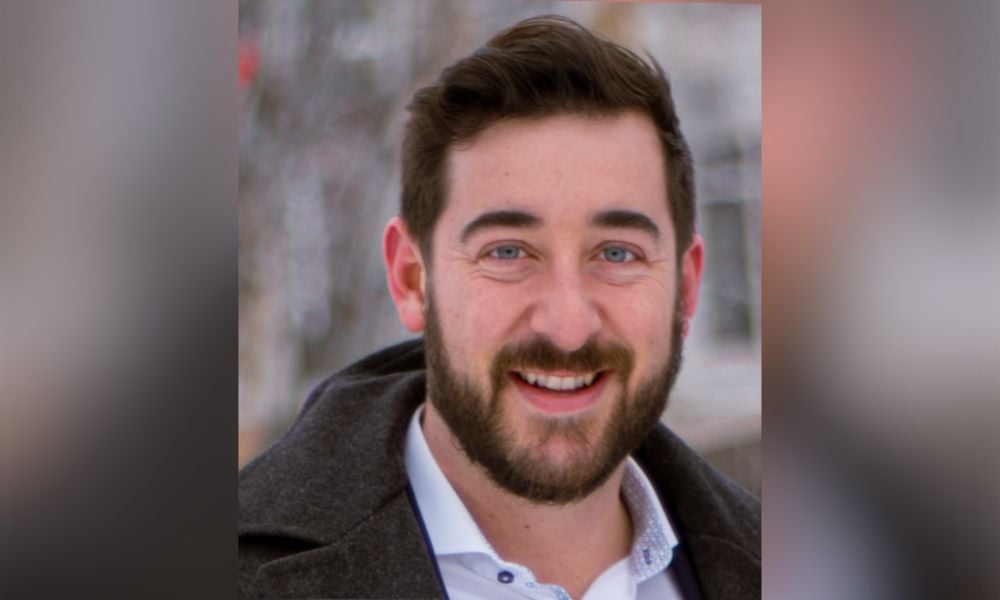
A demand for a breath sample is invalid unless device is present: SCC

Following the Supreme Court of Canada’s ruling last Thursday, police officers will need to have immediate access to a breathalyser when they demand an impaired-driving suspect provide a breath sample.
In R. v. Breault, 2023 SCC 9, the court unanimously dismissed the Crown’s appeal, in a case dealing with s. 254(2) of the Criminal Code. Under the section, if a police officer has reasonable grounds to suspect a driver is intoxicated, the officer may demand the driver “provide forthwith” a breath sample. The SCC found that such a demand “cannot be presumed to be valid” where no breathalyser is present when the order is made.
“The most significant thing about the case is that immediately means immediately,” says Nicolas Abran, counsel for the Crown in the case. “There's no more delay tolerated by the law… Police practice is going to have to change.” Either police will have to use other methods to check sobriety in cases where there is no breathalyser on the scene, or the government will have to ensure every police car is furnished with one because the ruling made clear that a “budgetary limit” is not an excuse for failing to provide the device immediately, he says.
“The most important thing is that now there is no interpretation left of that section. It is clearer than it ever was.”
Abran adds that the ruling in R. v. Breault will lead to the development of caselaw concerning what constitutes the type of “unusual circumstances” that will allow for a delay between the police’s demand for a breath sample and the administration of the breathalyser.
“Regarding driving under the influence of marijuana – that is going to be harder to implement.” With marijuana, delays can be longer because there’s less technology and fewer trained officers, he says.
The incident at issue occurred on April 2, 2017, when forest trail patrollers informed police that they had seen an intoxicated person driving an all-terrain vehicle (ATV). When police caught up with the man, they noticed his eyes were bloodshot, and his breath smelled strongly of alcohol.
But the police were without a breathalyser and had to radio a request that one be brought to the scene. Once that message was communicated, the officers demanded a breath sample. The man, Pascal Breault, refused three times, denying that he had been driving the ATV, and the officers charged him for refusing to comply with a demand to provide a breath sample, contrary to s. 254(5) of the Criminal Code.
A municipal court held that the validity of the officer’s demand did not depend on the presence of a breathalyser and convicted Breault. But the Court of Appeal for Quebec found that, for the demand to provide a breath sample to be valid, the police must immediately be able to facilitate the delivery of it. With no breathalyser on hand, the police’s demand was invalid, the appeal court found, reversing the lower court’s judgment and entering an acquittal.
Under s. 254(2)(b) of the Criminal Code, a person suspected of operating a motor vehicle while intoxicated is required to provide a breath sample “forthwith,” which, the SCC notes, means immediately and without delay. The provision depends on that definition for its constitutionality because the demand must involve a limit on the right to counsel, guaranteed by s. 10(b) of the Charter. The limit is justified under s. 1 because the detention is brief.
The court added that “unusual circumstances” may call for a “flexible interpretation” of the immediacy requirement.